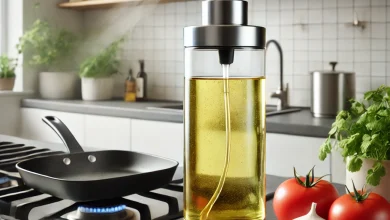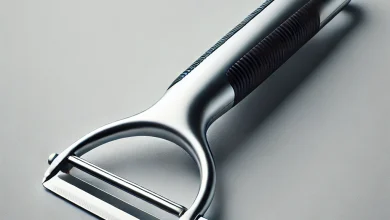Wine lover? you’ll be surprised to know what’s in your wine
What's in your wine may surprise you

ThePlanetstack : The holiday season is fast approaching. In anticipation of entertaining and gift-giving, now is the time of year we really start to think about wine. Sure, there will be tons of flashy packaging and labels to help find “the best”, but have you ever stopped to think about what’s actually in your wine? Heads up: there could be more than you think.
The Modern Wine “Factory”
Even under FDA regulations, US mass wine producers like many in California can include up to 70 additives in their wines. Colorings like “mega purple” or “ultra-red”, synthetic fertilizers, tartaric acid, powdered tannins, and gum Arabic don’t even have to be disclosed on the label. Once again, consider California wines: overall, many aim for consistency year after year. Mass producing wine in some parts of the world is more like a factory than a vineyard. Though there is something to be said for uniformity, a lot of the magic of winemaking is lost. It’s no surprise that all-natural and organic wines are gaining popularity year after year.
What’s Old Is New Again
Not all wine regions use these artificial tactics. Natural winegrowing and winemaking are not new to Bordeaux. Not only has this region been making wine naturally for centuries, they are literally required to do so. They believe in the art and science of maintaining the holistic health of the region as well as each individual estate’s ecosystem. Only nature determines the wine. Artificial enhancement or even irrigation is forbidden.
In Bordeaux, it’s more than just the law. It’s a passion for winemaking methods passed down for hundreds of years. It all starts with the “terroir”- the soil and unique climate conditions where the grapes are grown. Vineyards on two sides of the same hill can produce vastly different characteristics.
“Every year nature provides wine makers in Bordeaux a fresh canvas,” says sommelier and wine expert Joel Prato. “This relationship with nature is evident in the unique taste of each Bordeaux vintage.” In a place like Bordeaux, the seasons also have a huge influence on the character of a vintage. Weather can make or break a year. For example, a 2013 Bordeaux is a rare sight as fluctuating weather conditions meant many vineyards didn’t have a crop to bottle. Nature determines production, not factory settings.
Making Music (and Wine)
Making natural wine is not always easy. To combat the elements, innovative winemakers like Damien Landouar of Château Gaby are turning heads by introducing techniques like Genodics – playing music to the vineyards to boost their natural immunity. When you can’t count on additives and chemicals, you have to be creative. His vines most likely have better taste in music than most people.
Highly Rated, Naturally
If you’re new to natural wines from places like Bordeaux or want to try a highly rated vintage from the region, here are some recommendations:
Château Gaby (Canon Fronsac) – Grown on a 350-year-old vineyard, Château Gaby is truly Bordeaux’s best-kept secret. This complex and well-structured merlot blend is ranked in the top 1 percent of all wines in the region by Vivino and given 92 points by Decanter Magazine.
Château Auguste Rosé (Entre-deux-Mers) – Step aside Provence. Bordeaux is making a statement with this organic rosé. Racy, precise, and light on its feet, Château Auguste celebrates strawberries and tangerines with bright minerality.
Château Moya (Côtes de Castillon) – A picture of elegance, smooth and balanced. Taste how good organic can be with Château Moya. Awarded 96 points by Jancis Robinson, this wine is a heavenly pairing for delicate cheeses and fresh, seasonal dishes.
Château Du Parc (Saint Émilion Grand Cru) – Château Du Parc is grown on older vines in an appellation known for its wine since the days of Ancient Rome. This broad-shouldered and spicy blend of Merlot and Cabernet Franc was given 94 points by James Suckling. Learn more at chateau-duparc.com.
The holiday season is a time to celebrate with friends and family. These good times of laughter and love are all natural. Shouldn’t your wine be too?






